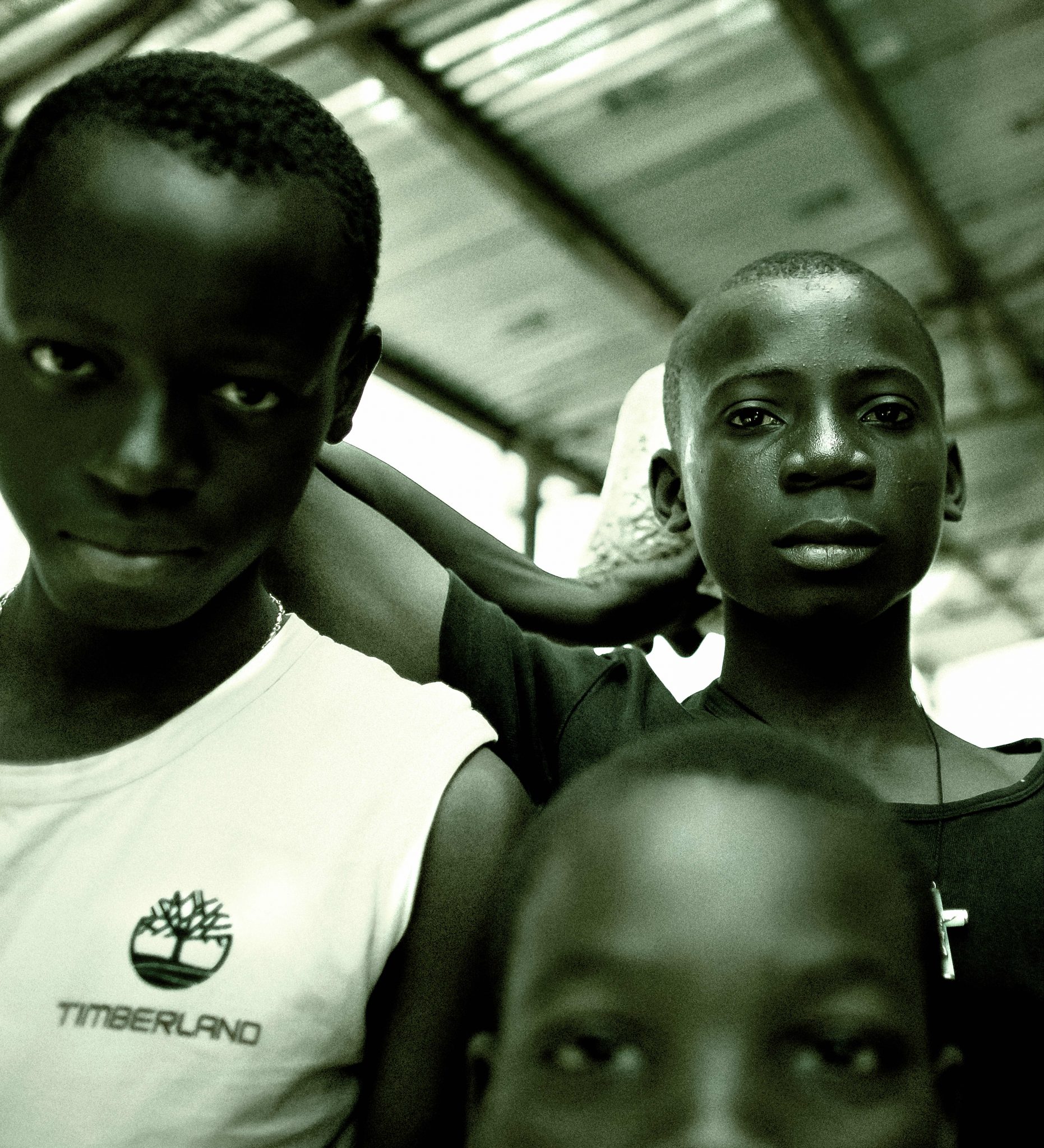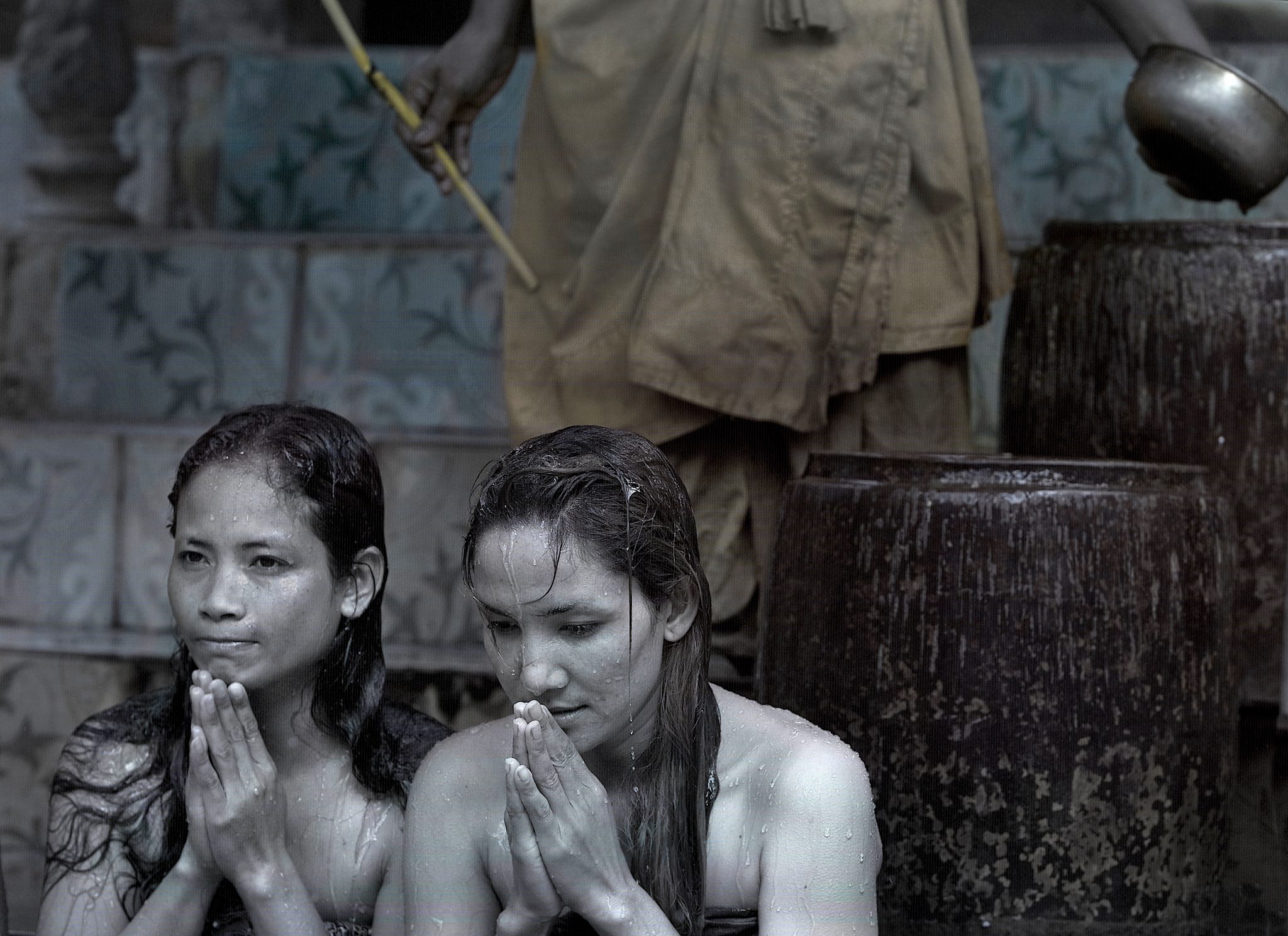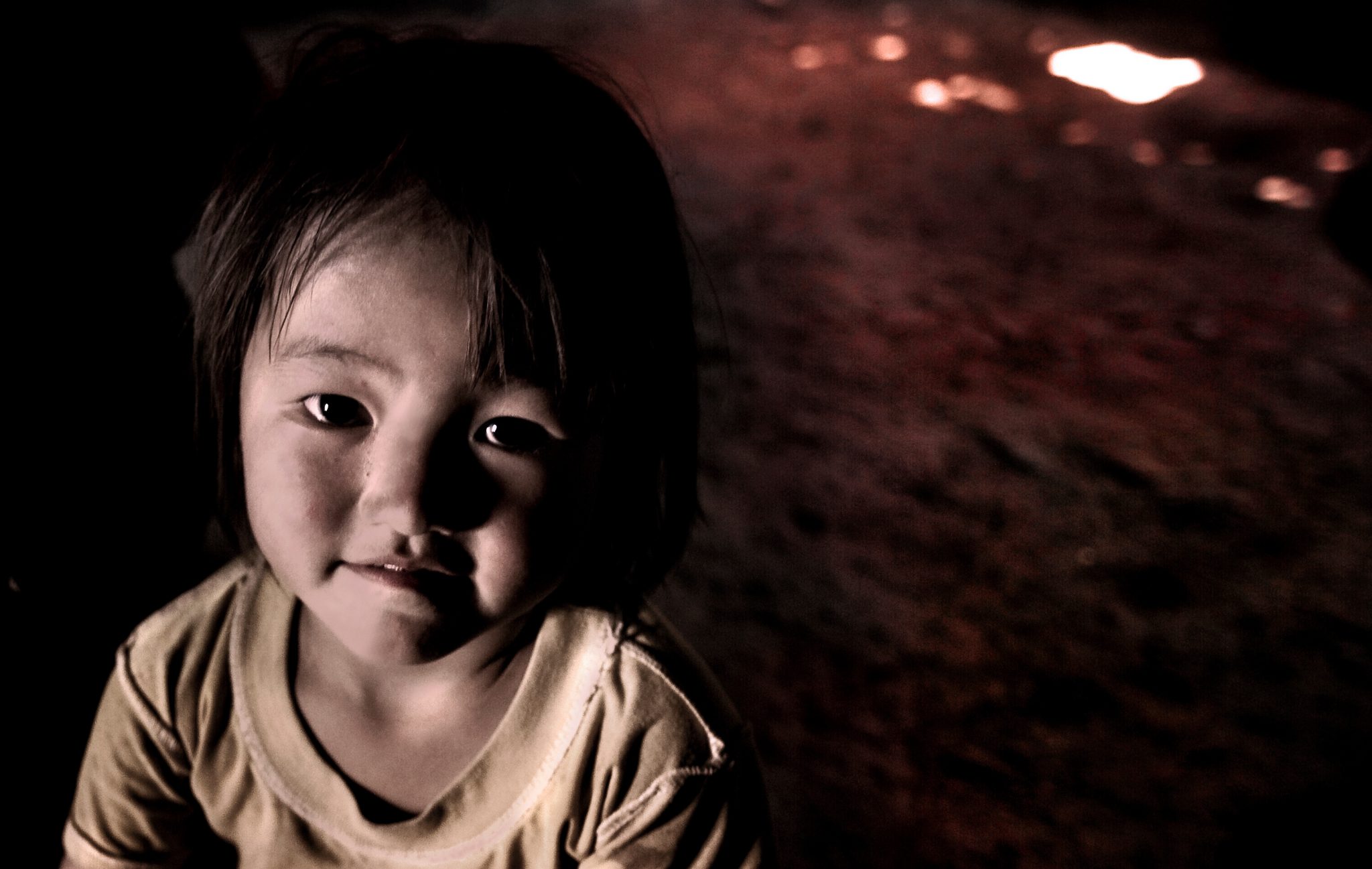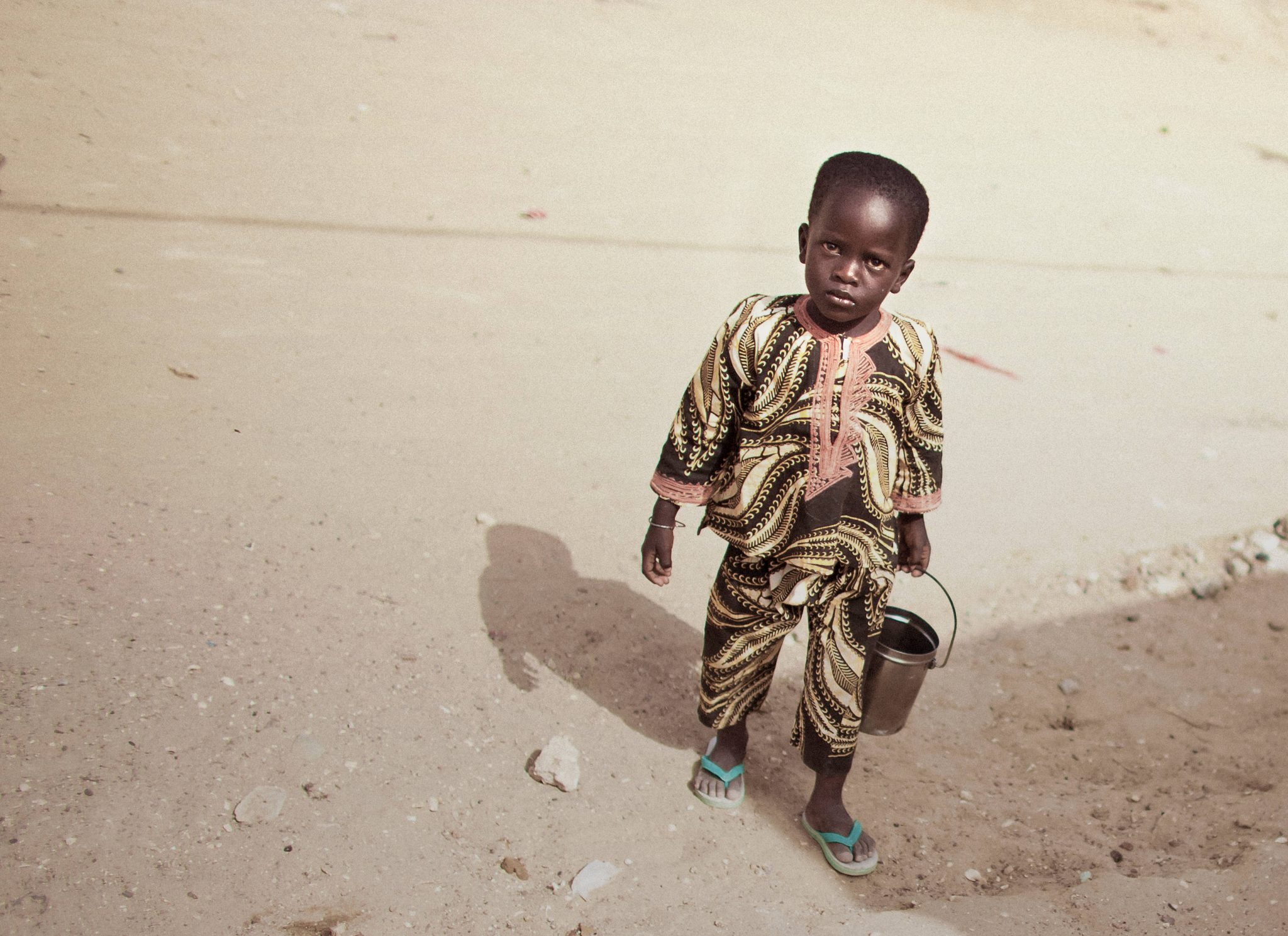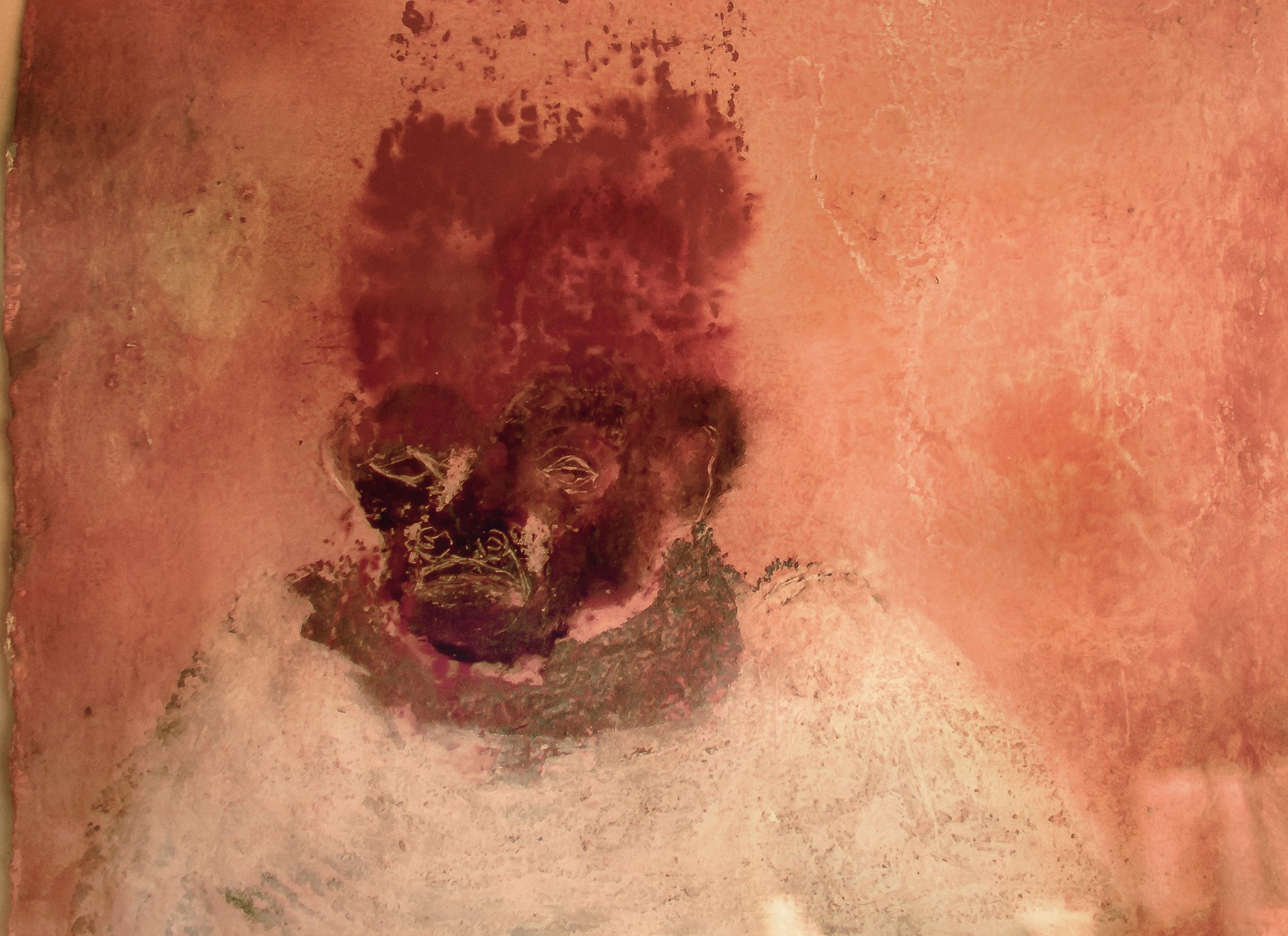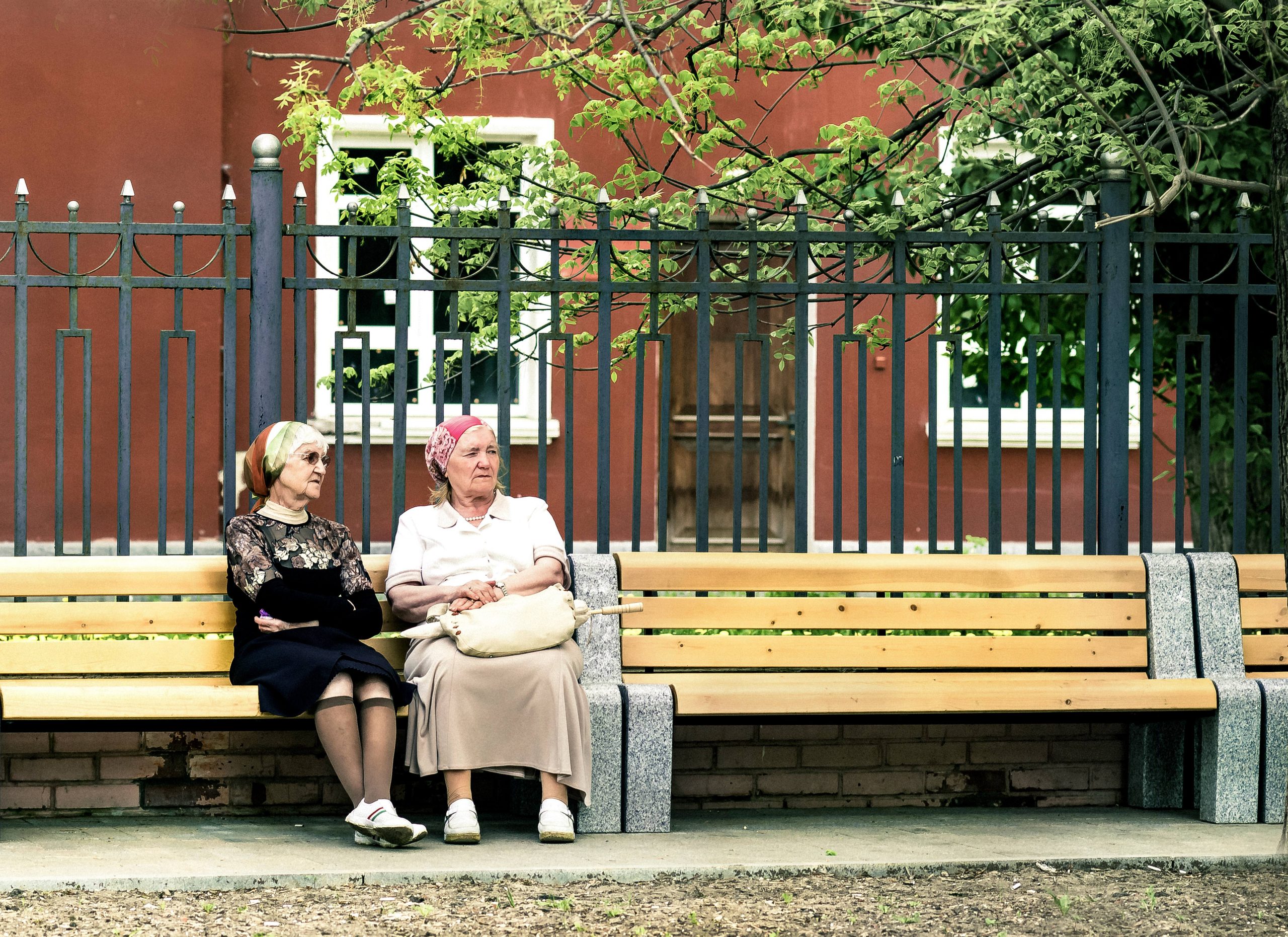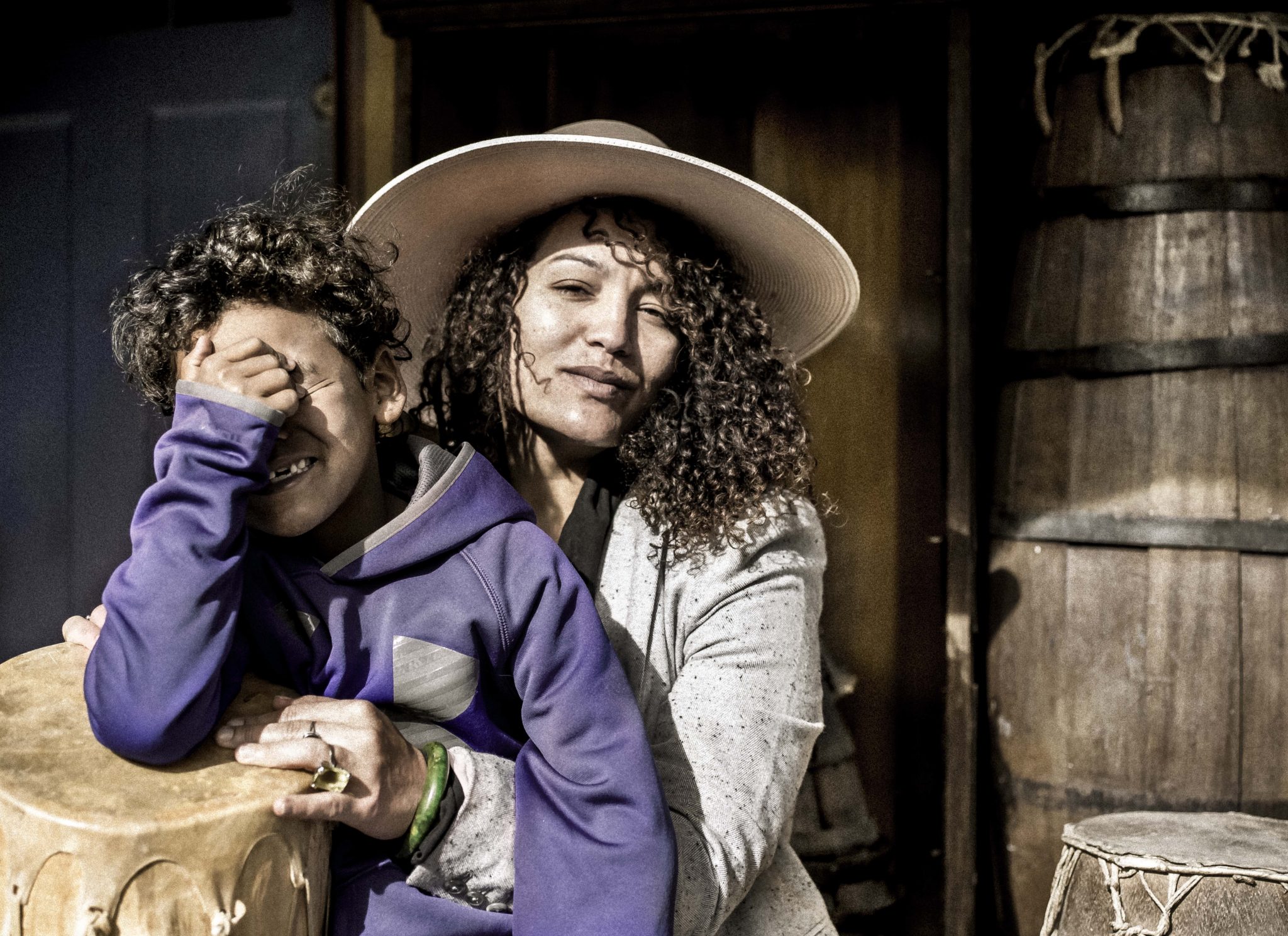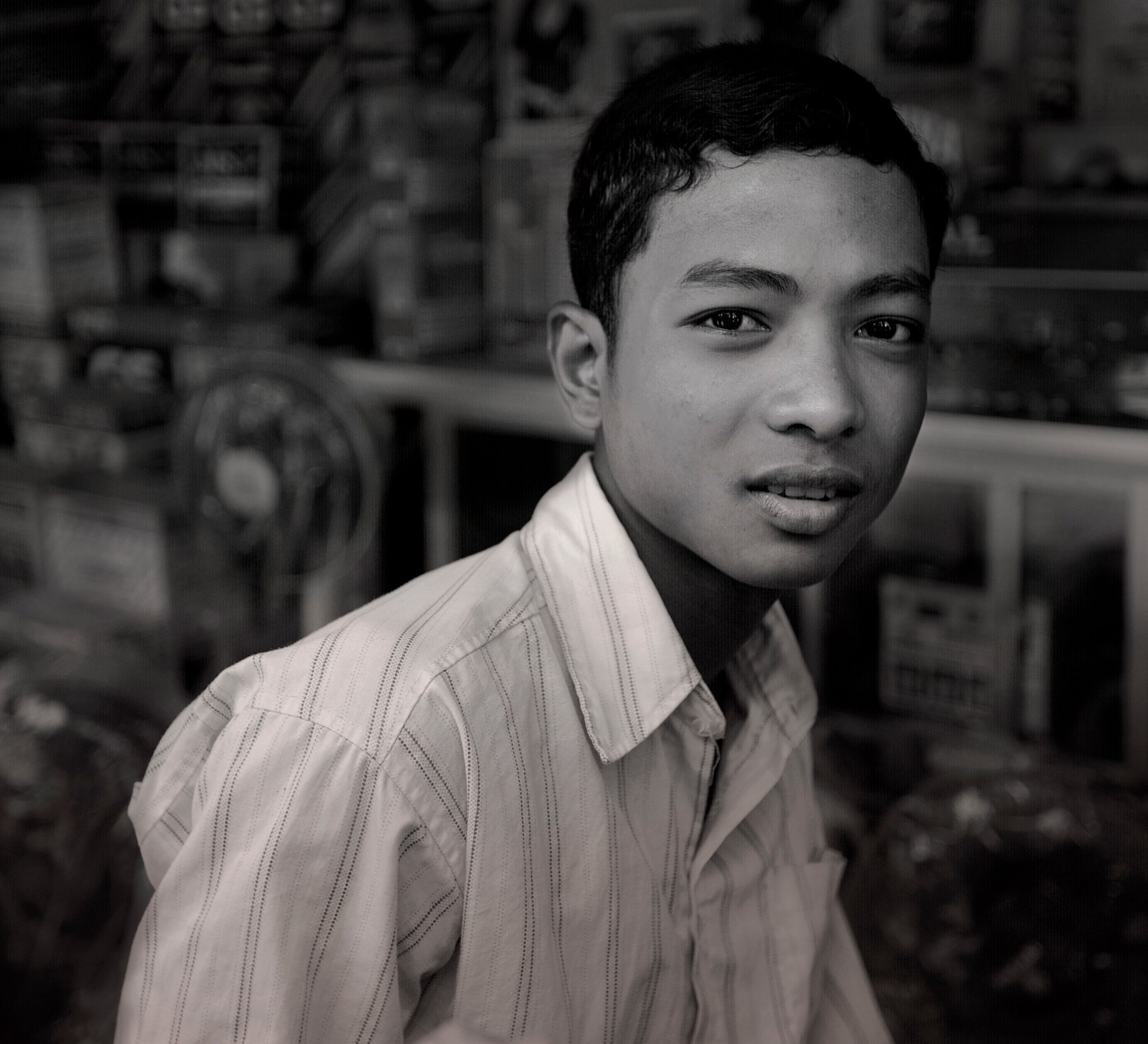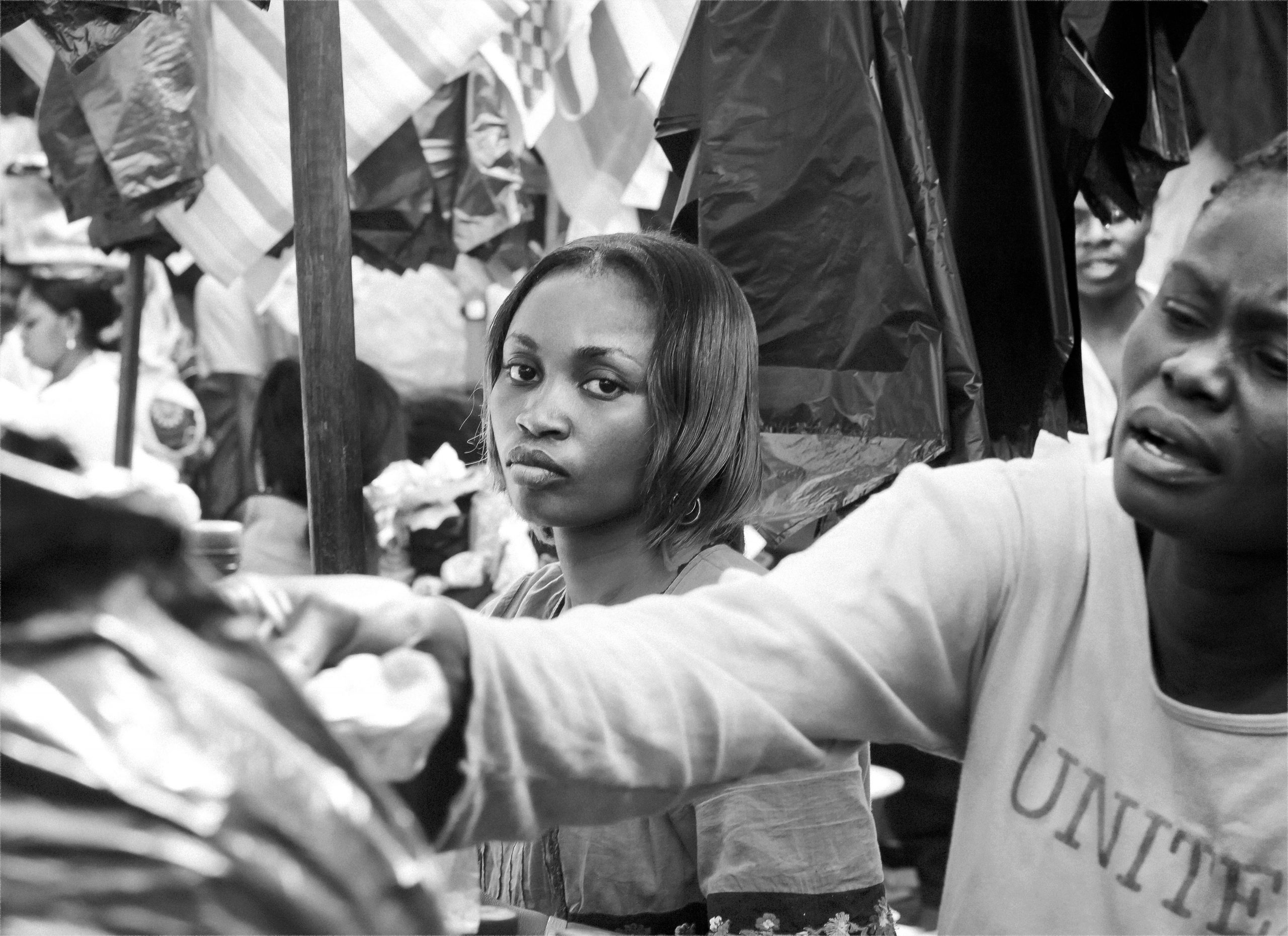
Morning Train to Paris
The small boy took a bite out of the doughnut he held in one hand and extended the remainder of the half-eaten, chocolate-glazed circle toward Sylvere. The boy, who was seated on a yellow plastic seat five feet away from Sylvere, had been looking intently at the much older man since arriving on the platform of the train station with his mother and sister a few minutes before.
“Your doughnut looks good, Little Man,” Sylvere said, speaking in French and smiling at the boy. “He looks like Charles,” Sylvere said to himself in Kikongo, his mother tongue, referring to his grandson. “But my doctor won’t let me eat anything good,” Sylvere continued in French. “He says the level of sugar in my blood is too high.”
The boy stopped chewing. His mouth fell open, revealing the food inside. Sylvere, who stood on the platform next to a tall steel pillar, looked from the boy to his mother.
“He’s a generous boy,” his mother said, speaking in French too. She sat in the yellow plastic seat next to her son with one arm around the shoulders of her daughter, who sat in the yellow seat on the other side. “I’m taking the children to see their father at his office in Paris,” she continued, looking down the tracks. “I guess the train will arrive soon?” the woman asked then. She seemed nervous.
“Maybe she doesn’t take the train with her children often,” Sylvere said to himself in Kikongo. “Yes,” Sylvere said out loud to the woman. He looked up at a large digital display attached to the steel pillar. “Seventeen minutes,” he added. An adjacent display showed the time in green digits: 10:18.
“Mama,” said the little girl, who was perhaps five years old, “I have to use the bathroom.” The woman, turning to her daughter, now appeared mortified.
“Don’t worry,” Sylvere said. “You have plenty of time.” He pointed to a small, compact building 20 feet away. “It’s just over there,” he added.
“Thank you,” the woman said, looking at Sylvere. He could sense her relief. She stood up from the seat and escorted her children toward the building.
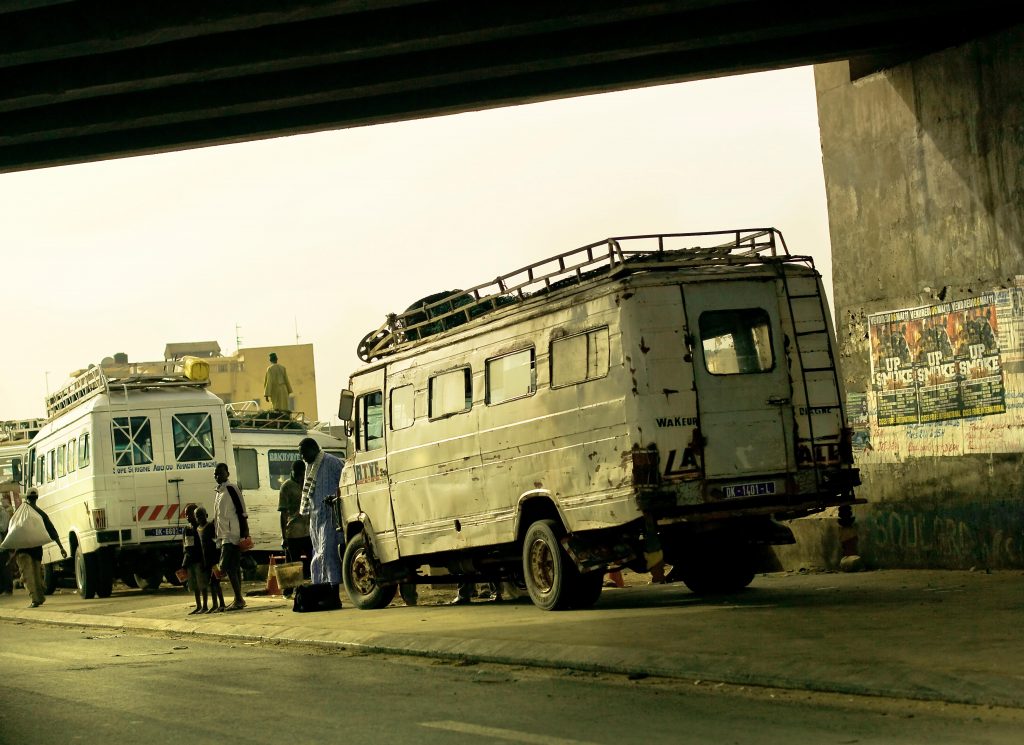
Sylvere strolled up the platform. It was deserted. When he looked to his right to survey the rest of the train station, Combs-la-Ville-Quincy, he didn’t see anyone either. An elderly couple, then, emerged from the station house. Abruptly, Sylvere stopped walking, recalling the text message he had received earlier that morning from his friend, Dikembe, in Goma, a city in eastern Congo on the border with Rwanda. Sylvere’s heart started pounding in his chest.
“Claudette is recovering at the house of Pépé outside the city,” Dikembe had stated, “but three men have started watching the house and following Pépé whenever he goes out.”
Sylvere started walking again. He stopped at the edge of the platform, three feet away from the train tracks. With his body turned toward the tracks, he took a deep breath through his nose and stretched his arms above his head as high as he could. In the sky dark clouds came together in a towering column.
As Sylvere looked up at the sky, studying the dark clouds and wondering when it would start to rain, he suddenly saw superimposed on the image of the clouds an image of Dikembe and Pépé. It was from a massive rally Dikembe, Pépé, Ronald, and Sylvere had attended in the early 1970s on the campus of the Université de Kinshasa, where all of them were graduate students at the time, in protest of the policies of the dictator Mobutu Sese Seko before the Congolese madman became even more brutal and began violently stamping out all large gatherings.
Sylvere looked down at the hard, grey platform under his feet. He realized that whoever was responsible for the attack which three weeks previously had left his friend, Ronald, dead and his friend’s daughter, Claudette, clinging to her life now wanted to prevent Claudette from identifying the attackers. Time was running out.
“Will I be able to rescue Claudette from Congo and bring her to France in time?” Sylvere asked out loud in Kikongo. His thoughts started racing. Abruptly, they stopped. Now at the forefront of his mind was his meeting in Paris at 12:15 that afternoon with the executive director of Le Carrefour. The nonprofit organization offering humanitarian assistance to women and children displaced by conflict in Congo, Sylvere realized, could determine Claudette’s fate.
Sylvere felt the mobile phone in the pocket of his red windbreaker start vibrating. He removed the phone and looked at the caller ID information. The phone number looked familiar. He thought it was one he had dialed two days before. He answered.
“Monsieur, I don’t know how you got my number,” a man said, speaking slowly in French. “I’m not in the business of providing the services you mentioned when you called and left a message with my son, Joe.” The man paused. Sylvere was silent. “However,” the man resumed, “if I were in that business, I would require a large sum of money for your job, say 100,000 euros up front and probably much more for unforeseen expenses upon completion of the job. If you could pay all of these sums, you could call me back. Then we could talk.”
The connection was cut.
“Now arriving,” said another voice in French, broadcast through a loudspeaker above Sylvere’s head, “train RER D with service to Paris.” The train pulled into the station. Sylvere stepped into a car at the front. His mind was full of constantly shifting, increasingly troubling thoughts.
***
